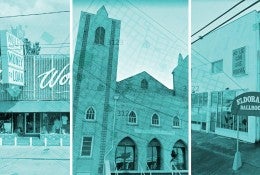At the complicated intersection of cars, housing and a fast-growing, sprawling city
Research related to Houston’s problems with ‘newly poor’ neighborhoods, housing affordability, auto loan debt, transportation and COVID-19 all point to one overarching issue: Inequality.





